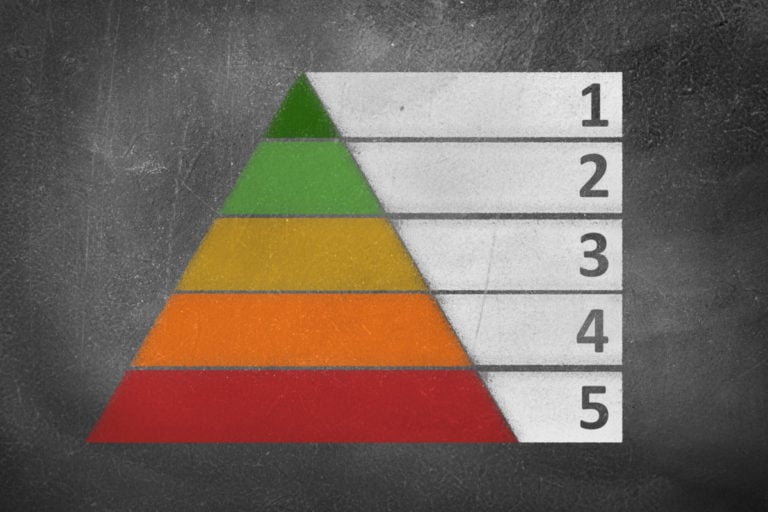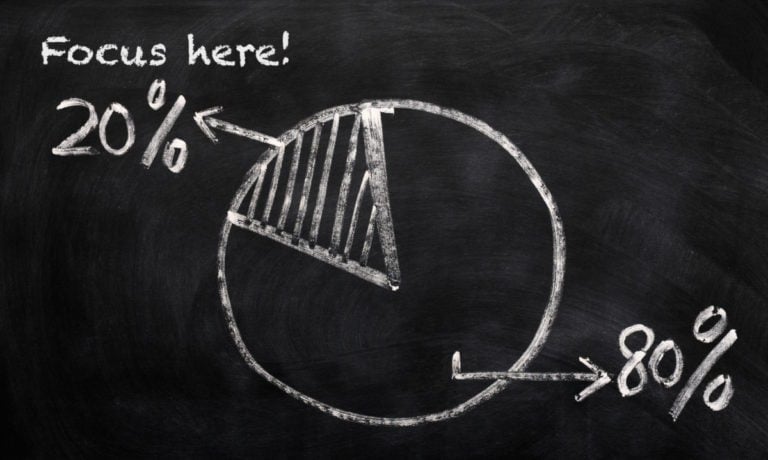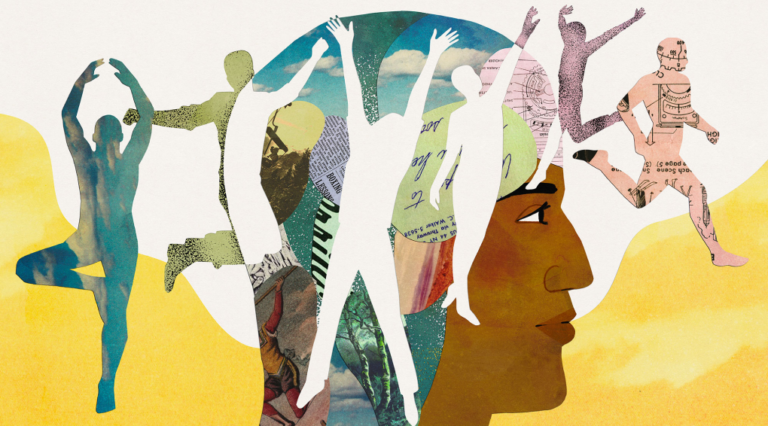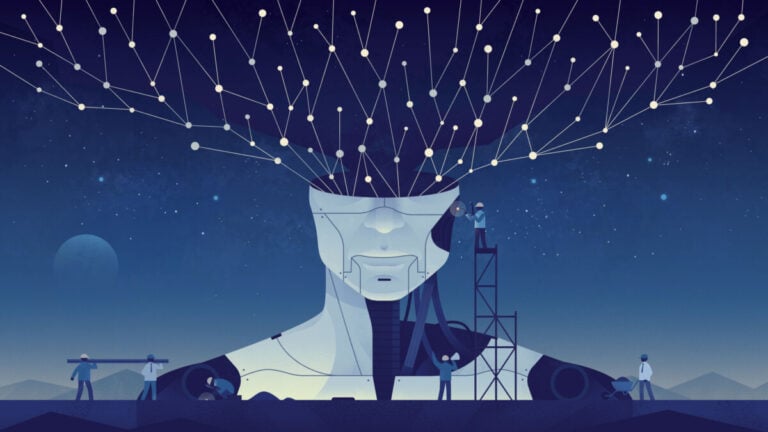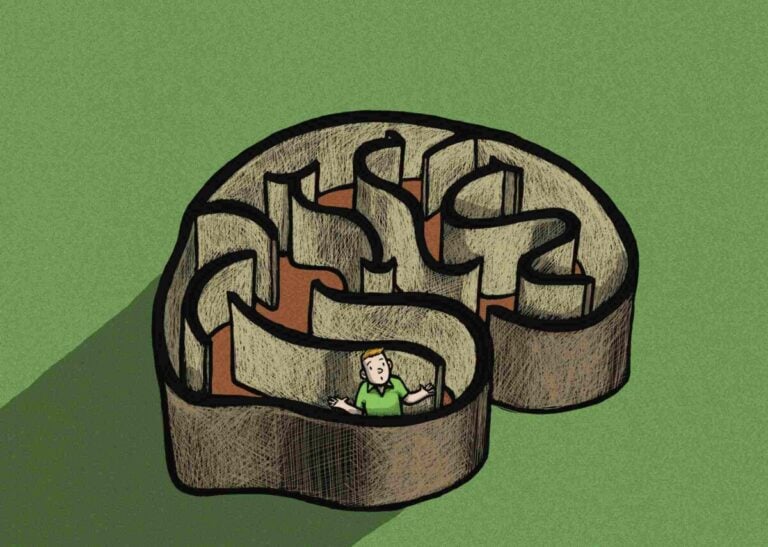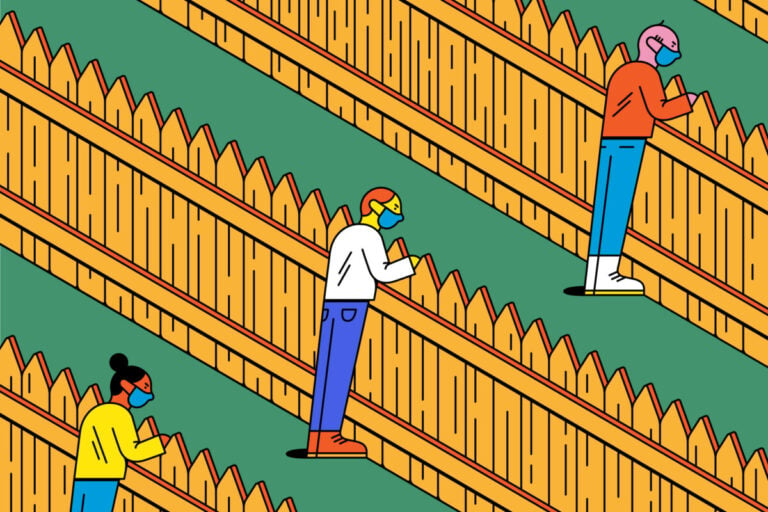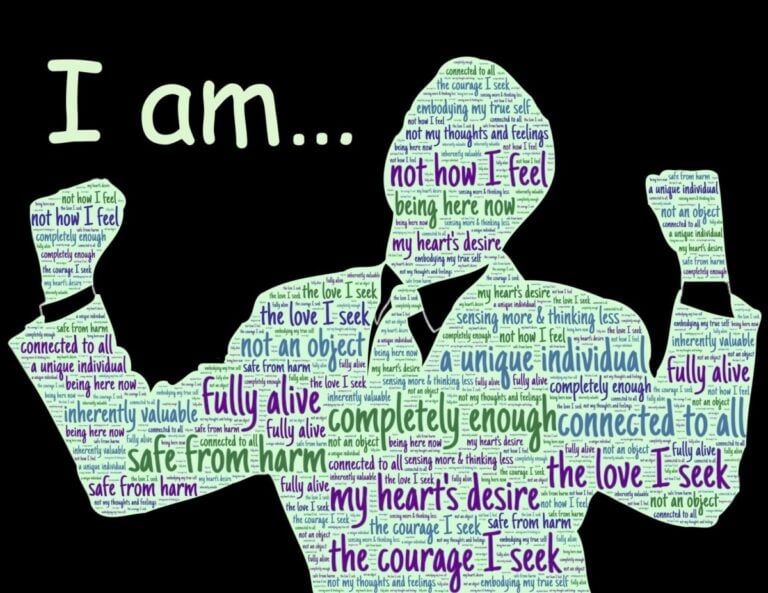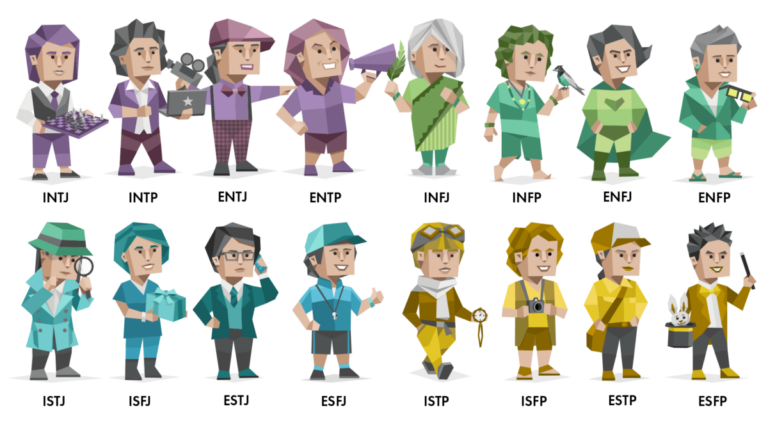One man admits that he wants to impress his friends or women, another will say that he likes fast driving, the third – that it increases his social status.
Equally varied answers will be given to the question about studying: someone will start studying because of ambition, another needs to improve his qualifications because, for example, he is threatened with dismissal from his job. The same goes for stealing bread: one person will say that he was starving and had no money for food, while another will admit that he stole to feel the thrill of danger.
All these answers concern the reasons for this or that behavior. These reasons are often referred to as motives. Some motives are biological, such as hunger. Others arise as a result of many years of experience, growing up in society and upbringing, such motives include altruism (the desire to help others). We can also act out of anger, passion, curiosity, revenge, etc. There are many, many motives for human action.

Usually, the argument that someone did something on purpose, intentionally, makes us feel less sympathy for him or her. For example, the same action – taking someone’s life – is called differently depending on the motivation. If the crime is committed knowingly and intentionally, it is called murder, while we speak of murder when the act is committed unintentionally (for example, as a result of a car accident).
This division is obvious to everyone, but sometimes we run into more confusing situations. How to evaluate the motives of a person who commits the same act (deprivation of life), who is an executioner in court, a soldier in war, a police officer on duty. Is such an act justified if it is done by a person in self-defense or by a parent in order to protect a child? When we talk about the causes of human behavior, we notice that they arise from different kinds of needs. A hungry man may steal bread; someone who needs a sense of security will look for a permanent job, and so on.
Main sources of motivation
Depending on the ability to satisfy our needs, our goals and motivations change. Half a century ago, a psychologist mapped out human needs into what we call a pyramid of needs.
He suggested that they are arranged in a certain hierarchy and start with lower-level needs (physiological needs) and end with higher-level needs (personal, abstract needs).
Physiological needs
First, the physiological needs are listed (the lowest in the hierarchy), that is, the feeling of hunger, thirst. For example, when we are thirsty, this need becomes dominant, and we do everything to satisfy it. A person who is very hungry is unable to think of anything else.
In extreme cases, the failure to meet basic physiological needs leads to death, so we sacrifice all our potential to satisfy them even in the most difficult conditions. This becomes the main goal and motivation of our actions. All other desires fade into the background. A person who has nothing to eat, besides being in a dangerous situation, deprived of love and respect, will definitely feel hunger more than all these needs.

A characteristic feature when the need is dominant is complete concentration – thoughts in this direction. A hungry person will describe heaven as a place where food is plentiful, and the guarantee of a full life for the rest of his life will make him the happiest person on earth. The only pity is that this image of happiness is so quickly erased when we no longer want to eat.
Need for security
A person is focused on ensuring their safety. Although in our society, in an adult, healthy person, this need is satisfied to a fairly high degree, one can notice, for example, that some people always have money set aside “for a black hour.” This gives them a sense of confidence that in an emergency, unexpected situation, they will be protected. A sense of security for some is also provided by a stable, “reliable” job.
Also faith, religion, ordering our knowledge about the universe, our place on earth and the purpose for which we are here, in a sense gives us security. All this makes us feel not that we are frozen in time, but that our life is a continuation of a process that has been going on for a very long time. The need for safety in young children manifests itself in different ways.
Basically, this is trust and hope for the support of parents; in any difficult situation, they protect themselves in their arms. Also, repeatability, predictability of parental behavior, situations at home is very important for children. All sorts of routines, daily activities are very important for children.
The need to belong and be loved
We feel the need for affectionate relationships with other people. We want to be in the company of other people, to feel like part of a group. In our culture, for a very long time, the manifestation of love was not perceived positively. Moderation was valued, not flaunting one’s feelings.
Only recently have psychologists begun to show how important it is in the life of a person (especially a child) to feel the signals of love, as well as to show affection for another person. The unmet need for love has been shown to lead to psychopathology.
The need for respect
Almost every person has a desire to have a constant, well-established and high self-esteem, self-esteem, self-respect and respect from other people. Esteem needs can be divided into two groups:
- Self-esteem: self-confidence, self-satisfaction, sense of competence, power, independence,
- Respect from others: to have a good reputation, prestige, recognition, to be respected by others, to achieve an appropriate social position, to be appreciated.

Satisfaction of the need for self-esteem leads to positive self-esteem, self-confidence, high self-esteem. Such people feel capable, strong, useful and needed in the world. On the contrary, unsatisfied needs for self-esteem lead to feelings of inferiority, weakness, helplessness. As another consequence, this leads to the fact that people lose the desire to act and try again.
The need for self-realization
A scientist should do science, a poet should write poetry, and so on. We call this need self-realization, self-actualization. These needs do not have to be related to professional activities. Each person has a “mission to fulfill”, for example, a woman may want to become an ideal mother. Someone else may have a strong need to help others, to do charity work.
And another person can be realized as an athlete. It is important to note that the needs for self-realization arise when the needs of the lower order (physiological, safety, love and respect) are satisfied.
Intrinsic and extrinsic motivation
According to the hierarchical theory of needs, the motivation for action lies in the satisfaction of emerging needs. In contrast, another psychologist noted that even when these needs are largely satisfied, people continue to search, to take new actions, often driven by curiosity.
Then we are dealing with intrinsic motivation. On the other hand, when we perform an activity because of some external consequences, for example, because someone told us to do it or we were paid for it, then this is already external motivation. When we think about how we can apply our knowledge of the mechanisms of motivation in our lives, we usually think of issues such as what can we do to encourage children to learn, how can we influence employees to work. more effective?
And then you need to answer the question of how they need to be motivated – internally (through appropriate upbringing, instilling certain values) or externally (through the use of rewards and punishments).

Depending on the task at hand, sometimes intrinsic and sometimes extrinsic motivation is needed. It is hard to imagine that a person working on a production line gets satisfaction only from this activity; in this situation, the reason for performing this activity is the reward that he receives for it (i.e., external motivation). There have been many studies that have shown that rewards (monetary or otherwise) reduce intrinsic motivation. If we are engaged in some business solely because of our own desire, aspiration, then we know that the reason for our action is this desire.
However, fortunately, not every reward reduces intrinsic motivation. One such special reward is praise. When we are praised, our intrinsic motivation increases even more. (Material) rewards also did not cause a decrease in intrinsic motivation when they were a surprise. It turned out that when the boss gives employees independence: discusses various opportunities with them, gives them a chance to present their own opinion, praises them, then they have a fairly high intrinsic motivation.
Achievement motivation
Usually, however, people like to evaluate themselves against tasks within their capabilities, and when they succeed, they experience positive feelings. The fact that people want to be better and better, to transcend their own limitations, to acquire new skills, is called achievement motivation.
People are arranged in such a way that what they have at the moment is usually not enough. He constantly strives for something new, driven by various motives, needs. The feeling of happiness and satisfaction with this approach is short-lived, fleeting, because after a moment we want more.
We often pursue various goals without even realizing why we are doing it, what motivates us to do this, which is the driving force. But one thing is certain: a person will never stop and say: “I have achieved everything, I am perfect.” There will always be a new challenge, a task to be completed, and something will tempt us to take it on. After all, we have many complex mechanisms that encourage us to do this.


